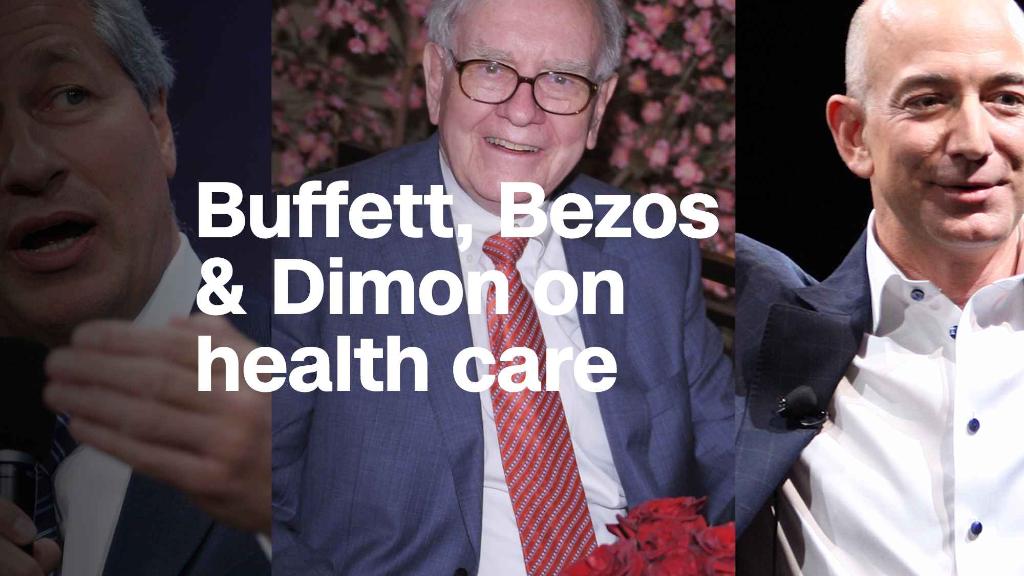
One decade ago, Warren Buffett took a $1 million wager that stashing money in an index fund would make you richer than if you entrusted it with hedge fund managers.
He won -- big time -- and in his annual letter on Saturday, the billionaire Chairman and CEO of Berkshire Hathaway (BRKA) Inc. outlined the final tally. He also took a jab at the hedge fund folks at the losing end.
His pick, the S&P 500 (OEX), gained 125.8% over ten years. The five hedge funds, picked by a firm called Protégé Partners, added an average of about 36%. The names of the funds were not disclosed.
The hedge funds "got off to a fast start, each beating the index fund in 2008. Then the roof fell in," Buffett said. The S&P 500 won every year after.
He detailed a few key takeaways from the experiment.
Making money on the stock market "does not require great intelligence, a degree in economics or a familiarity with Wall Street jargon," he wrote. "What investors then need instead is an ability to both disregard mob fears or enthusiasms and to focus on a few simple fundamentals."
"Stick with big, 'easy' decisions and eschew activity," Buffett said.
Related: Buffett's Berkshire got a $29 billion gift from new tax code
That's essentially the cornerstone of Buffett's investment philosophy, and proving that point is part of the reason he took the bet in the first place, he said.
Another reason was raising money for Girls Inc. of Omaha, a leadership program for young girls in his hometown, where he donated a $2.2 million prize.
Buffett also sought to make it loud and clear that he doesn't think the exorbitant fees that hedge funds charge are worth it.
Index funds, he argues, can outperform them anyway.
"Let me emphasize that there was nothing aberrational about stock-market behavior over the ten-year stretch," Buffett wrote in his annual letter. He noted that the S&P 500 performed just as he expected, and "making money in that environment should have been easy" for the hedge fund investors.
But many investors "experienced a lost decade," he said. "Performance comes, performance goes. Fees never falter."
Buffett also acknowledged a lesson learned from an interesting plot twist over the course of the bet.
At the outset of the wager, Buffett and Protégé Partners bought about $300,000 worth U.S. Treasury bonds, widely considered a safe investment.
Related: Warren Buffett is retiring from Kraft Heinz board
The expectation was that the bonds would grow to about $1 million at the end of the decade, and the winner would claim the prize pool for charity.
But, the bonds gave back "pathetic" returns, Buffett wrote.
"[O]ur bonds had become a dumb -- a really dumb -- investment compared to American equities" or stock, he said.
So, in 2012, Buffett and Protégé dumped their Treasury bonds and used the money to buy B-class shares of Buffett's Berkshire Hathaway (BRKB) .
By the end of the bet, the Berkshire shares were worth $2,222,279 -- about $1.2 million more than they'd hope to earn with the bonds.
"Berkshire, it should be emphasized, has not performed brilliantly" since they purchased the B-class shares in 2012, Buffett said. "But brilliance wasn't needed: After all, Berkshire's gain only had to beat that annual .88% bond bogey -- hardly a Herculean achievement."
In short, he summarized, the "purportedly 'risk-free' long-term bonds" ended up being a "far riskier investment" than common stocks.


